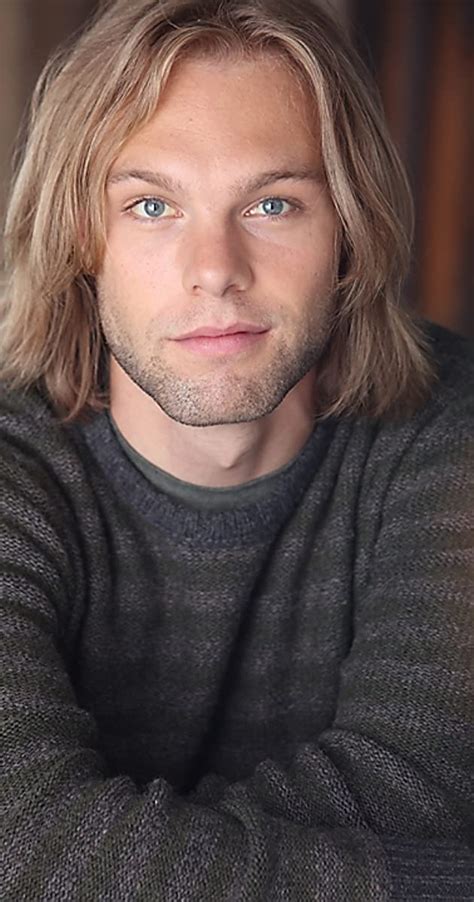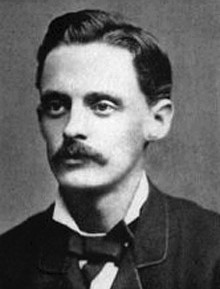A Quote by David Perlmutter
In general, the public knowledge base and thus decision-making behaviors are far more influenced by advertisement than with current science.
Related Quotes
The knowledge of the individual citizen is of less value than the knowledge of science. The former is the opinion of individuals. It is merely subjective and is excluded from policies. The latter is objective - defined by science and promulgated by expert spokesmen. This objective knowledge is viewed as a commodity which can be refined... and fed into a process, now called decision-making. This new mythology of governance by the manipulation of knowledge-stock inevitably erodes reliance on government by people.
The decision to get married will impact one's life more deeply than almost any decision in life. Yet people continue to rush into marriage with little or no preparation for making a marriage successful. In fact, many couples give far more attention to making plans for the wedding than making plans for marriage. The wedding festivities last only a few hours, while the marriage, we hope, will last for a lifetime
If the question were, "What ought to be the next objective in science?" my answer would be the teaching of science to the young, so that when the whole population grew up there would be a far more general background of common sense, based on a knowledge of the real meaning of the scientific method of discovering truth.
The growing complexity of science, technology, and organization does not imply either a growing knowledge or a growing need for knowledge in the general population. On the contrary, the increasingly complex processes tend to lead to increasingly simple and easily understood products. The genius of mass production is precisely in its making more products more accessible, both economically and intellectually to more people.
I have discovered the most exciting, the most arduous literary form of all, the most difficult to master, the most pregnant in curious possibilities. I mean the advertisement. It is far easier to write ten passably effective Sonnets, good enough to take in the not too inquiring critic, than one effective advertisement that will take in a few thousand of the uncritical buying public.





































